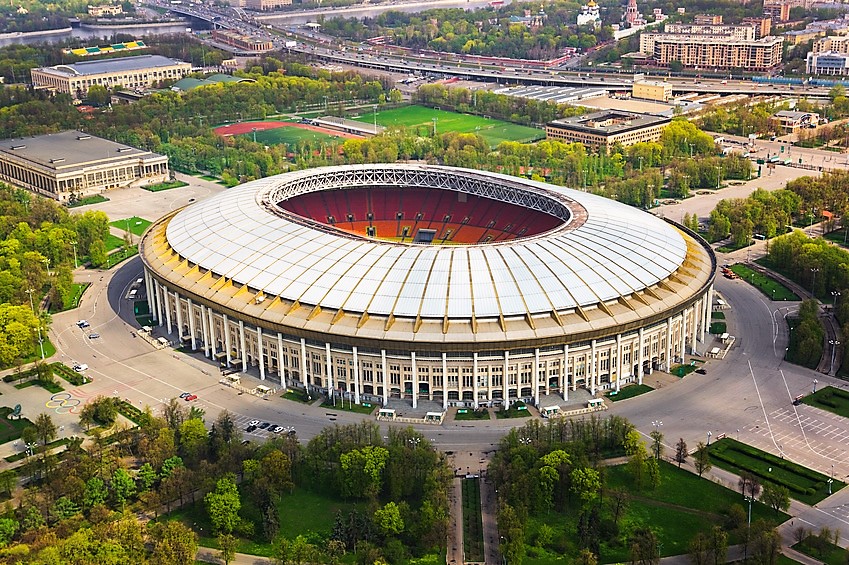Top Tips to Keep You Safe at Your Next Event. You Bought the Ticket—Now What?
Recently tragedies in a variety of venues like the Mandalay Bay Hotel in Las Vegas, Pulse Night Club in Orlando, and the Manchester Arena/Ariana Grande concert in England have shown us that awareness requires a 24/7 commitment to help us stay safe—because planning for a potential disaster is now as necessary as buying a ticket. Whether you are going to an event at a downtown park, outdoor summer concert, stadium venue, indoor arena, or smaller club, you must now add “what if” to your to-do list. We’re sharing information and strategies to increase awareness if you’re planning to attend or drop others off at an event.
Plan Before the Event
If you plan to attend a major event such as a rock concert or professional sports at a large-scale venue, you need to be prepared for many types of incidents, whether intentional, accidental, or natural. One of the most important things you can do is to familiarize yourself with the building and property and have a solid plan of action in the unlikelihood that an incident occurs. Because power outages, medical events, and acts of terrorism can happen, you need to be prepared if you’re present when they do.
Your commitment to safety begins before you set foot on the property or in the venue. From checking online for a seating diagram to familiarize yourself with entrances and exit locations, handicapped access, medical help, bathrooms, security, access to public transportation, and parking areas to monitoring social media for any negative or derogatory stories about the event, artist, or team, you can educate yourself about your surroundings—which will help you in the event of an emergency.
What to Do if an Incident Occurs
This place is probably new to you so look around and be committed to “See Something, Say Something” if you observe something happening that doesn’t seem quite right. And while you’re looking around, take note of exits and stairwells in case elevators or escalators aren’t working. A fully charged cell phone with a flashlight will help you if the power goes out and you can use a scarf or bandana to cover your nose and mouth in case the venue becomes filled with smoke or the air is otherwise compromised as well as a sling, bandage, or head cover.
If an incident occurs while you are at the event, you must remain calm so that you can listen for and follow any instructions that might be communicated over the PA system or by security personnel. Your pre-planning will help you navigate your surroundings now in order to direct your group to a safe area and away from the incident or a large crowd to avoid a possible stampede.
After you are safe, assess yourself and your party for any injuries because adrenaline driven activity can mask injuries. You should not attempt to re-enter the venue unless law enforcement directs you to move inside. Also, you should share with the authorities any pertinent information, video, or photos that might help in the subsequent investigation.
There Is No Substitute for Experience
Our proprietary methodology for planning, constructing, and implementing event security has been designed, developed, and continues to evolve from my personal experiences in security leadership roles for the federal government with the United States Secret Service Major Events Division, where I helped secure the Super Bowl, Olympics, National Conventions, and the Presidential Inauguration. Additionally, my team’s project management background in professional sports with the National Football League, Major League Baseball, National Basketball Association, and the National Center for Spectator Sports Safety and Security (NCS4) provides large-scale event security expertise.
Michael Verden, Owner and CEO of The Lake Forest Group (www.lakeforestgroup.com), is a former police officer, Director of Security for the NBA, and retired Secret Service agent with 21 years of experience protecting the President and First Lady as well as large scale events like the NATO Summit and the United Nations General Assembly. As a strategic security consulting firm, The Lake Forest Group offers you expertise in event security, stadium security, residential security, risk management, emergency preparedness, expert witness litigation, active shooter plans, executive protection, training, and medical marijuana security.
We can design an event security plan that’s right for your culture and, most importantly, protects your most valuable assets—people. Contact me, Mike Verden, Owner and CEO of The Lake Forest Group, at [email protected] or 312.515.8747 to find out more—or share this article with anyone who needs to create a event security plan to safeguard their employees, customers, and brand.


